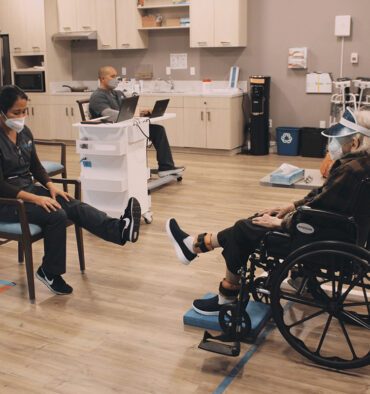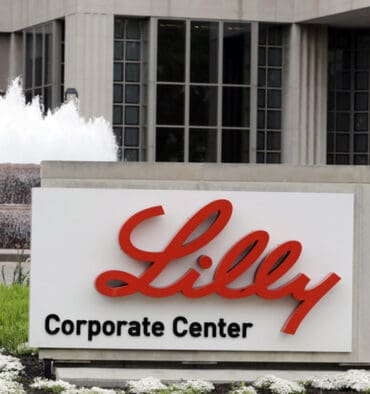The most up-to-date information, news and insider details from West Health editorial team.
Media Resources
Covering a story? Email mediarelations@westhealth.org or call 858.535.7000 for media relations.
01/05
West Health Events
December 12, 2023 • 11:00 a.m. – 12:00 p.m. PT
December
12
December 07, 2023 • 10:00 a.m. – 11:00 a.m. PT
December
07





